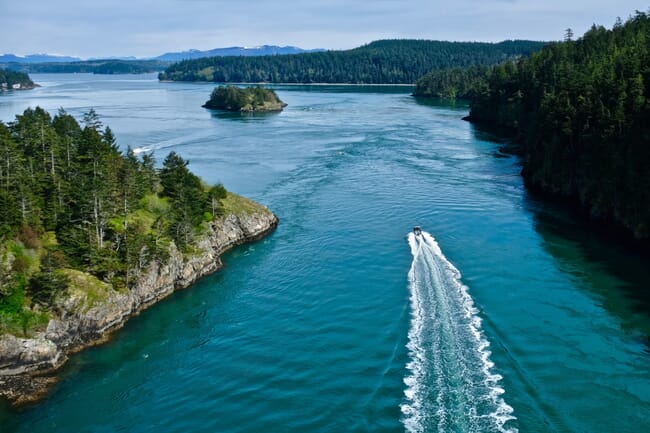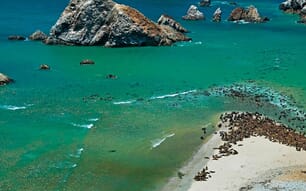
NOAA's National Marine Fisheries Service has released a biological opinion regarding marine finfish aquaculture in Puget Sound, finding little to no negative impact on native species such as endangered salmon, orcas or their habitat.
The NOAA analysis was initiated in October of 2018 to analyse the effects of the United States Environmental Protection Agency's (EPA) approval of the Washington Department of Ecology's Sediment Management Standards regarding marine finfish rearing facilities.
In its analysis, NOAA found that EPA's approval:
- Is "not likely to jeopardise the continued existence" of Puget Sound (PS) and/or Georgia Basin (GB) species, including Chinook salmon, PS steelhead, Hood Canal summer-run chum, PS/GB yelloweye rockfish or PS/GB bocaccio.
- Is "not likely to result in the destruction or adverse modification of the designated critical habitats for any of the listed species."
In response to this opinion, the Northwest Aquaculture Alliance (NWAA) is calling on regulators and policymakers to follow the science in making key decisions regarding marine aquaculture in Washington waters.
"After years of meticulous research and study, the scientists at NOAA have concluded, with full scientific certainty, that net-pen aquaculture in Puget Sound is safe for the environment and safe for the endangered species that live in these waters," said Jim Parsons, NWAA President. Parsons is also CEO of Jamestown Seafood.
"This study, along with the recent unanimous Washington Supreme Court decision upholding Cooke Aquaculture Pacific's permit to raise native steelhead in Puget Sound, finally puts to rest one of the biggest myths of all: that fish farming has a negative impact on endangered Chinook salmon and Orcas," Parsons said.
"As aquatic farmers, we depend on a healthy ecosystem to grow a range of aquatic food products-from steelhead trout to black cod to oysters, clams, mussels and sea vegetables – instead of importing these foods. Sustainable aquaculture not only produces the nutritious, affordable food our world needs, but it also benefits working families in our rural communities."
Parsons added: "Given the current world situation, it's time for Washington to lead the way in delivering fresh, locally produced, seafood to consumers throughout the Pacific Northwest and the United States. We encourage our leaders to rely on science rather than politics or claims made by certain anti-aquaculture activist groups in making key decisions about the future of aquatic farming and the Blue Economy in Washington."




